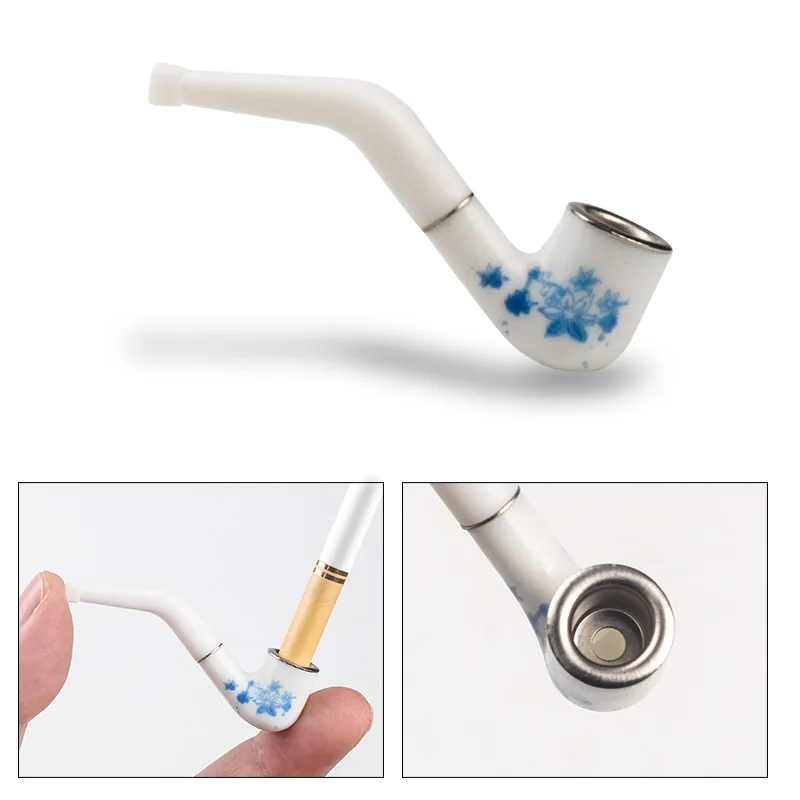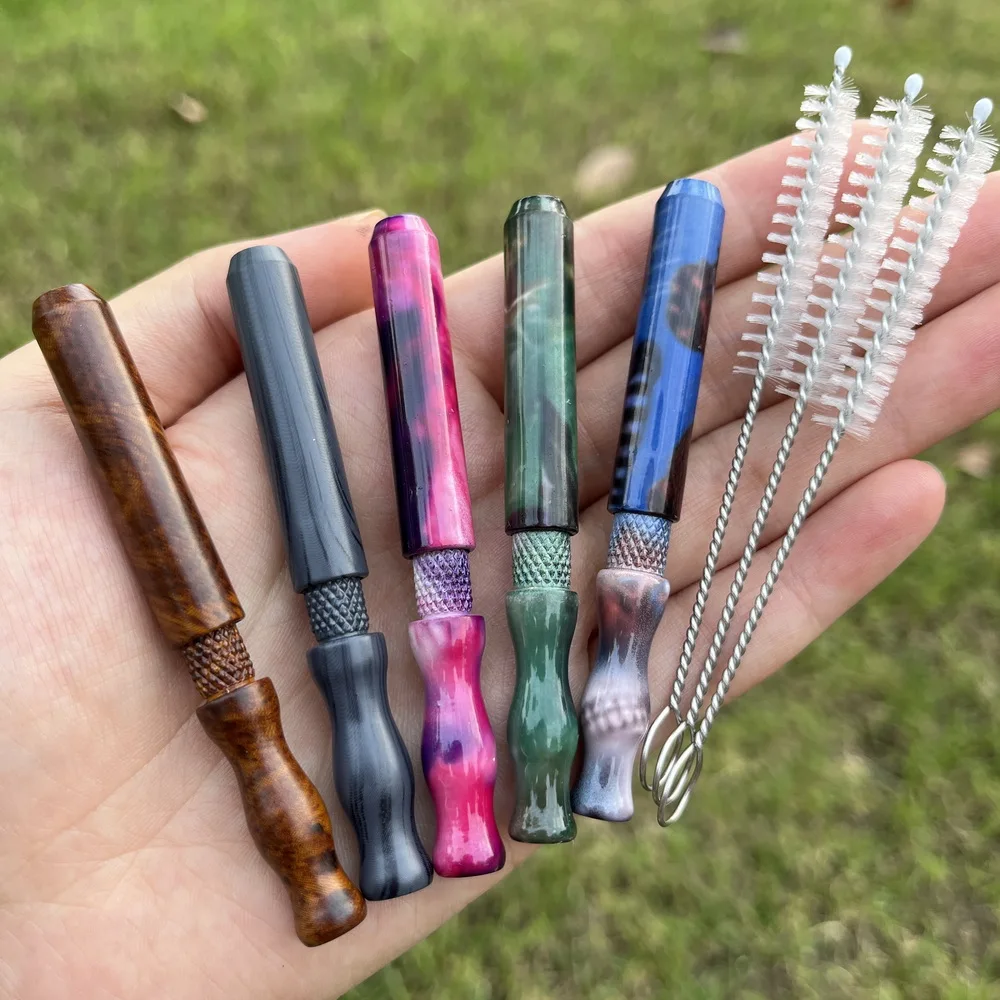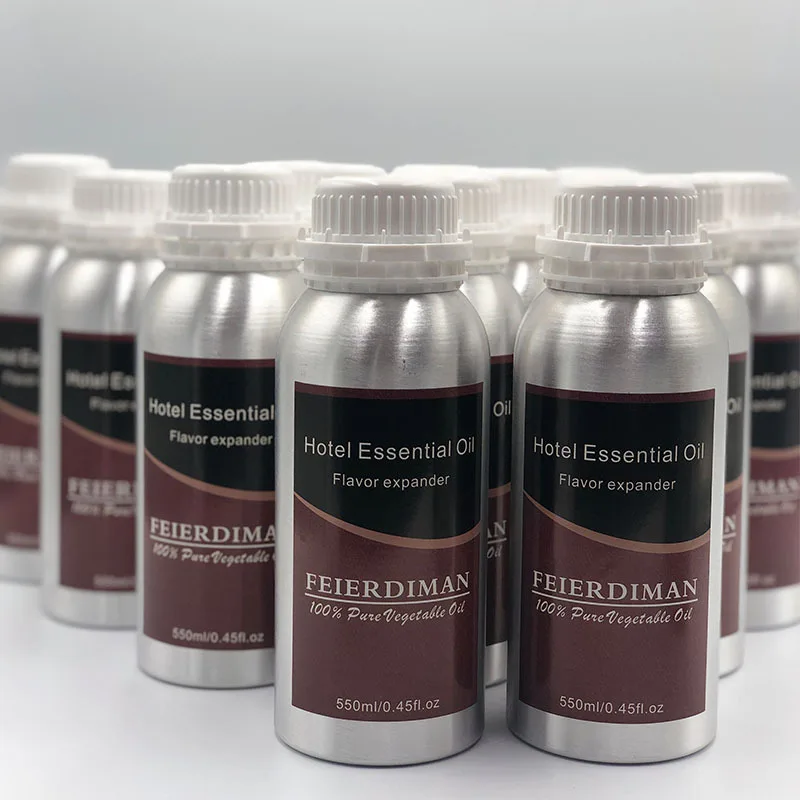A week after hearing testimony on four House-passed cannabis bills, a New Hampshire Senate committee has voted to recommend killing three of measures, including a Republican-led legalization proposal and a plan to let state-registered medical marijuana patients grow plants at home.
Another bill rejected by the Senate Judiciary Committee at a hearing on Tuesday would have allowed existing medical marijuana dispensaries—known in the state as alternative treatment centers (ATCs)—to buy nonintoxicating hemp cannabinoid products from commercial producers and, after lab testing, use them in products for patients.
Lawmakers voted 3–1 to designate each of the three bills as “inexpedient to legislate” (ITL), essentially recommending that they not proceed. All the bills will nevertheless move to the Senate floor, at which point the full body will have the option to approve them despite the committee’s recommendations.
While the legalization bill—HB 75, from Rep. Kevin Verville (R)—was widely seen as unlikely to make it through the Senate, advocates said the committee’s recommended rejection of the two medical marijuana proposals from Rep. Wendy Thomas (D) underscores the body’s critical reception in general of cannabis-related legislation.
“It appears that a few senators just want to kill every bill that deals with cannabis policy, no matter how modest and non-controversial,” Matt Simon, director of public and government relations at the medical marijuana provider GraniteLeaf Cannabis, told Marijuana Moment. “That’s very unfortunate because support for cannabis policy reform has always been bipartisan in this state.”
Simon added that he’s still hopeful the Senate will move forward on at least the hemp cannabinoids bill, HB 51, once it reaches the chamber floor.
(Disclosure: Simon supports Marijuana Moment’s work via a monthly pledge on Patreon.)
The panel did not act at Tuesday’s meeting on the fourth cannabis bill before it, HB 196, which would expand the state’s annulment process of past arrests and convictions around simple marijuana possession.
Thomas’s medical marijuana homegrow bill, HB 53, would allow state-registered medical marijuana patients and caregivers to cultivate cannabis themselves. Those qualified could grow up to three mature plants and three immature plants, as well as 12 seedlings. They could also possess up to eight ounces of usable cannabis from those plants.
Growers would have to keep the plants in secure locations, away from public view or unauthorized access, and cultivation would need to be reported to the state. Landlords could also prohibit the activity.
It’s the third session in which Thomas, a medical marijuana patient herself, has introduced such a measure during her time as a lawmaker.
Sen. Debra Altschiller (D), the lone member of the panel to vote against the bill’s rejection, said she was moved by public comments on the proposal.
“I think some of the most compelling testimony we heard was from survivors of cancer who actually are using cannabis as part of their therapeutics, particularly our colleague, Rep. Wendy Thomas,” as well as another patient who testified at last week’s committee hearing, she said.
Altschiller argued homegrow would aid affordability of medical marijuana for patients and give patients better access to varieties of cannabis most suited to their needs.
Sen. Daryl Abbas (R), however, said that he saw the proposal as “a backdoor way of making an eight-ounce possession limit” among patients in the state.
“This policy I have a lot of concerns with, but coming out of the gate to eight ounces is a nonstarter for me,” he said. “This is really, to me, just increasing the possession limit.”
The Senate committee also denied Thomas’s HB 51, which would allow ATCs to buy nonintoxicating cannabinoids on the commercial market and include them in products after lab testing. Currently ATCs must produce all cannabis themselves, which proponents of the bill said is expensive given the state’s strict security rules around cultivation.
The activity would be regulated by the Department of Health and Human Services. The bill would not apply to hemp-derived THC but only to nonintoxicating cannabinoids such as and cannabidiol (CBD) and cannabigerol (CBG).
Abbas said at Tuesday’s hearing that he interpreted the bill as allowing small amounts of synthetic THC, though proponents last week had pushed back against that assertion.
“If they’re gonna sell something, it should be the actual THC,” Abbas said.
Reached after Tuesday’s votes, sponsor Thomas said she was let down by the committee’s reaction to the proposals.
“I’m so disappointed,” she wrote in an email. “Both of these bills are efforts that help therapeutic patients. CBD and other hemp cannabinoids are already legal, so to oppose their use by the ATCs just doesn’t make sense.”
Thomas said home cultivation of medical marijuana is “humane and gives them some financial relief from the high cost of their medicine.”
“We are going to continue to push for both of these bills,” she told Marijuana Moment. “Most of the people in NH want legalized cannabis, to continue restricting the therapeutic program is just backwards.”
As for broader marijuana legalization, Verville’s HB 75 would remove state penalties around cannabis-related conduct for adults 21 and older. Unlike legalization measures in other states, however, it would not establish a licensed commercial market or a broader regulatory scheme.
The proposal includes no limits on marijuana possession or cultivation. It would carve out marijuana from the state’s laws against illicit drug sales without imposing any regulatory structure for a commercial industry.
Before the committee vote, chair Sen. Bill Gannon (R) described the bill as “trying to jump the river without putting the bridge up.”
“My thoughts were: no safety rails, no quality control if someone’s growing it in their yard, we’ll pay for any problems that are related to it, we’re going to increase poly-use—I’m not going to know what’s in those drugs when they’re out there,” he said. “It’s so further beyond, with no safety rails, than what we’ve ever discussed going before.”
Minors would continue to be barred from using marijuana under the bill. People under 21 would be guilty of a violation if found possessing or using the substance, and anyone under 18 would be referred to a screening for substance use disorders. Adults who use marijuana in a public place would also be guilty of a violation.
Verville told Marijuana Moment of the Senate committee’s votes that “once again the NH Senate could not find its way to support any of several cannabis legalization or regulated commercialization bills passed by the NH House of Representatives.”
The committee’s recommended rejection of the cannabis bills comes just days after Gov. Kelly Ayotte (R) reiterated her opposition to legalization in the Granite State.
“I’ve been very clear on this,” Ayotte told reporters last Wednesday, the same day House lawmakers passed HB 198, a separate bill that would legalize the use and possession of marijuana by adults 21 and older. “I ran on this issue, and the people of New Hampshire know where I stand on it. I don’t support it.”
Verville said that “barring a legislative miracle, it appears that there will be no nonmedical cannabis reform in NH until at least 2027. It certainly doesn’t help our cause that Governor Ayotte remains steadfastly opposed to any type of cannabis reform.”
Until any broader change, he added, “New Hampshire citizens will have to continue the practice of dealing with the robust black market, or take a short drive to any neighboring state to purchase legally available cannabis products.”
A former U.S. senator and state attorney general, Ayotte said repeatedly on the campaign trail last year that she would oppose efforts at adult-use legalization.
The other legalization bill that has passed the House, HB 198, would allow adults 21 and older to possess up to two ounces of marijuana flower, 10 grams of concentrate and up to 2,000 milligrams of THC in other cannabis products. Retail sales of marijuana products, along with home cultivation, would remain illegal. Consuming marijuana on public land would also be prohibited.
The proposal, from Rep. Jared Sullivan (D), cleared the chamber last week in a 208–125 vote.
Despite Ayotte’s recent comments flatly opposing legalization, she left the door open to more modest cannabis reforms. She told reporters she planned review every bill that comes to her desk, including potentially the medical marijuana homegrow proposal.
Other bills passed by New Hampshire House lawmakers last Wednesday would reduce penalties for the use and possession of psilocybin by adults and double the amount of medical cannabis that state-registered patients can purchase and possess.
Under the psilocybin plan—HB 528, from Verville—a first psilocybin offense for possession or use would be a violation, subject to a fine of $100 or less.
Second and third psilocybin offenses, meanwhile, would be class B misdemeanors, carrying fines of up to $500 and $1,000, respectively, but with no risk of jail time. Fourth and subsequent offenses would remain classified as felonies.
Sales and distribution of the substance would still be illegal, as the reform would apply only to “a person 18 years of age or older who obtains, purchases, transports, possesses, or uses psilocybin.”
As originally introduced, the legislation would have completely removed penalties around obtaining, purchasing, transporting, possessing or using psilocybin, effectively legalizing it on a noncommercial basis. However a House committee amended the bill before unanimously advancing it last month.
Last legislative session, New Hampshire lawmakers nearly passed a bill that would have legalized and regulated marijuana for adults—a proposal that then-Gov. Chris Sununu (R) had indicated he’d support. But infighting over how the market would be set up ultimately scuttled that measure. House Democrats narrowly voted to table it at the last minute, taking issue with the proposal’s state-controlled franchise model, which would have given the state unprecedented sway over retail stores and consumer prices.
A poll from last June found that almost two thirds (65 percent) of New Hampshire residents supported legalizing marijuana. Nearly that same share of residents (61 percent) said at the time that they also supported last session’s failed legalization bill, HB 1633.
Photo courtesy of Philip Steffan.






























